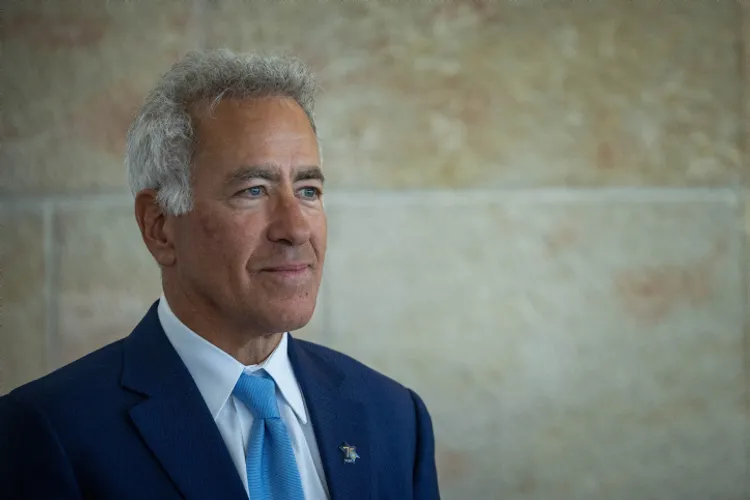
Changing How We View Organ Donation
Changing How We View Organ Donation
May 17, 2017
A new BGU study finds that shifting the focus in media coverage from an organ donor’s death to the new life of the person who received the organ donation may increase the willingness to donate among the public.
The research study was part of Ph.D. candidate Inbal Harel’s and M.A. candidate Meir Pinchas’s dissertation, under the supervision of Prof. Tehila Kogut of BGU’s Department of Education. Their research was published in the prestigious journal Proceedings of the National Academy of Sciences.
Study participants were given variations on a scenario to read about an organ donor and recipient. Some participants were given only the name and photo of the organ donor, and some were given only that of the recipient.
The researchers found that those who were given identifying information about the organ recipient were more willing to commit to organ donation themselves, or to support policies that facilitate organ donation.
In addition, the researchers reviewed all articles pertaining to organ donation in an 18-month period in four popular news outlets — Ynet and Maariv in Israel, and USA Today and The Wall Street Journal in the United States.
They found that most of these stories focused on the donor rather than a person who received the life-saving organ donation, an approach their research suggests could be counterproductive.
“Aside from its theoretical contribution, our research suggests practical implications for efforts to promote organ donation,” says Prof. Kogut.
“Recruiting people whose lives were saved by organ donation, identifying them by name and telling their stories may spur members of the public to view organ donation more favorably.”




